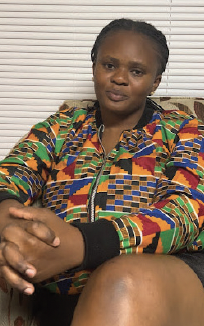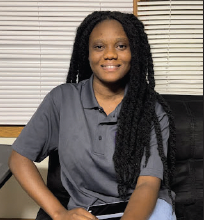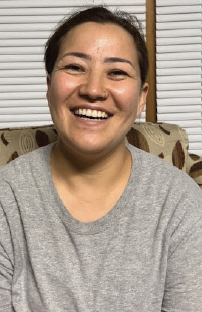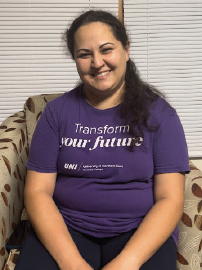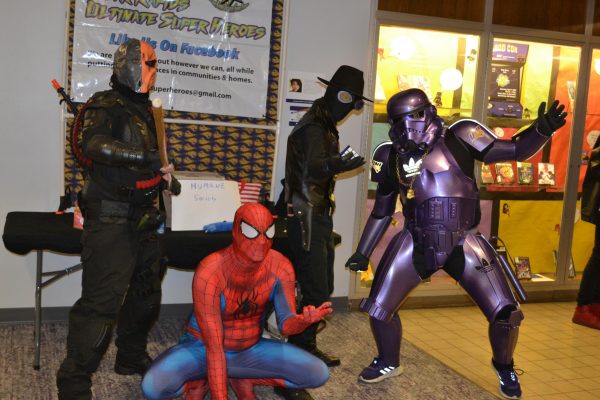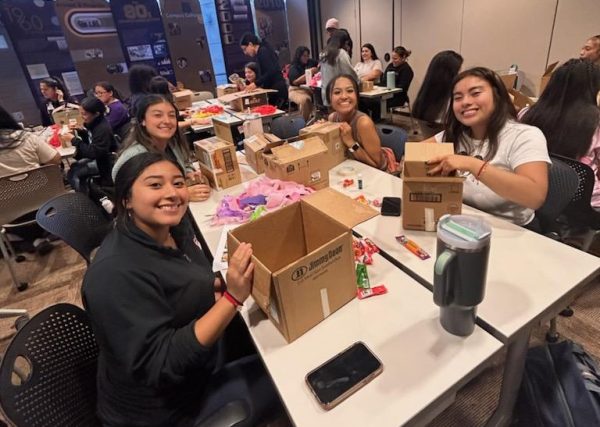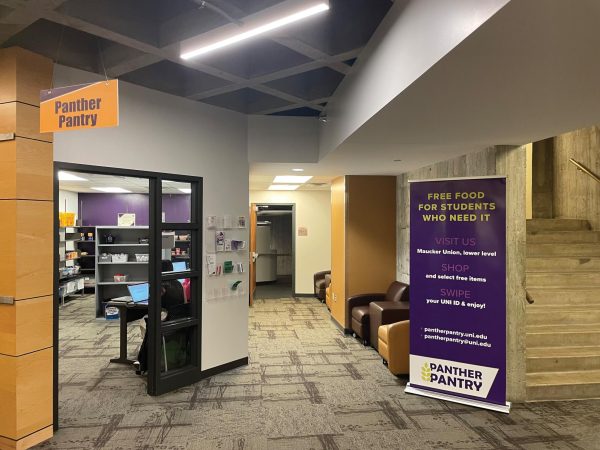International students and culture shock
Oct 19, 2022
Stranger’s smiles: are they genuine or fake?
One cannot begin to fathom the sacrifice and change an international student has to go through from transitioning to a culture they have an understanding of to a culture that is so foreign and they are strangers to. The University of Northern Iowa currently has 456 international students on campus—of which 273 are undergraduates—in comparison with their total population of almost 9,000. Being a minority within a minority already sets them back at a disadvantage and their various experiences differ.
Cedar Falls is relatively peaceful, and because the campus is walkable, it is easy to get around and have interactions with other students, faculty or just people in the community. But, there is so much that goes on in terms of international students being conflicted with the culture here that they have to adapt. The following content and quotes are based on interviews that were carried out focusing on six international students that were randomly chosen; they were all asked similar questions. The questions that were asked garnered some similar responses, but the main focus was on some of the biggest culture shocks they’ve experienced while being in the United States, specifically while being in Cedar Falls, Iowa.
Culture shock can be described as personal disorientation a person may feel when they’re experiencing an unfamiliar place due to immigration. This is something that is not normally talked about as it doesn’t apply to the majority of students here at the University of Northern Iowa, but when the international students were given the opportunity to share their experiences and thoughts, the responses were quite hilarious and eye-opening.
A small gesture, something as simple as someone smiling was one of the most common responses among the participants. In most countries outside of the U.S., when eye-contact with another person is made, they have a tendency to look away fast—in some instances they would be greeted with a mean mug. It’s the total opposite here at Cedar Falls on campus; for some reason Americans have a tendency to always have a smile on their faces, leading people to question “whether it is really genuine or is it just being fake.” This type of behavior is so easily adopted amongst international students; they stated that sometimes they automatically do it without even knowing because it’s such an easy habit to learn. It’s not only students—it’s everyone who they have made contact with within the Cedar Falls area. Some recall even when they return back to their respective home countries this habit of them smiling with strangers happens without them noticing and it is not received like it would be in Cedar Falls.
Another popular response was the dressing or attire of students on campus. In some countries clothing is very strict regarding how individuals put themselves together when they are going on the road and when they’re going to school. Here in the U.S. and on campus it’s the total opposite. It is more relaxed, and people can wear anything they feel comfortable in. For instance, pajamas can be seen on campus being worn on a daily basis and it is accepted here; if it was either in Nigeria, Jamaica or Ghana the elders would find such a big problem with it—it wouldn’t even be allowed to pass the front door of your home. Properly covering one’s skin is very essential, and it is a way people know that you are a respectable young man or a respectable young woman as you take pride in how you carry and present yourself to others. This again is so easily adaptable because you are not under those restraints anymore that you sometimes adapt to the norm here and just go along with the flow. In trying to fit in at some point, international students find themselves slowly being indulged in this practice but it cannot be repeated or shown to other persons in their respective countries.
Graduate student Telsleem Ajisafe stated that, “The class culture here is different from what is back at home in terms of how formal the classroom setting is. You had to address your professors by their respective titles verses here it is so casual as professors would tell you to call them by their first names.”
International student Christiana Ogunlana emphasizes, “The various classes here are more discussion-based versus back home, where it is more note taking; this really encourages a lot of group work and team building which isn’t very popular in our curriculum.”
Small changes like what was previously mentioned about the classroom takes these international students out of their comfort zone, especially if they are introverted and are not used to public speaking. While others can be very fascinated by their different languages and their accents, sometimes these are concerns for international students as they don’t know how they are going to be received or perceived by other students.
There is limited diversity here in Cedar Falls and on campus—that creates issues of being able to get familiar goods that might be available in some of the international students’ respective countries. Which leads to the next culture shock: food. The American diet consists of a lot of fatty and oily foods. In some of these international students’ countries, fast food restaurants are few to none as it is instilled in them from a young age that it is very important for one to know how to prepare traditional meals for the family. Being in Cedar Falls and seeing the different fast food varieties is very foregin and sometimes causes issues in terms of having limited options of what to eat. Some students noted that they had to bring some of their ingredients that they would typically use from their respective home countries to school to have a sense of home while preparing their various dishes here. Others would have to outsource within the U.S. by ordering online or traveling to Des Moines where there is more diversity to get various ingredients. Others admit that the fast food is really good, but it gets to a point where one has to force themselves from indulging too much as they start to have problems because they are not used to this type of food.
Despite having to adjust to so many different things about American culture, one thing for certain and that international students would most definitely admit to is that the opportunities that are here are not in their respective countries. If achieving their goals is making simple sacrifices by adjusting to the different clothing, food and smiling a little longer or more often, it is definitely worth it. This is perfect practice for international students when they decide to enter the labor force whether in their respective countries or if they decide to remain in the U.S.



